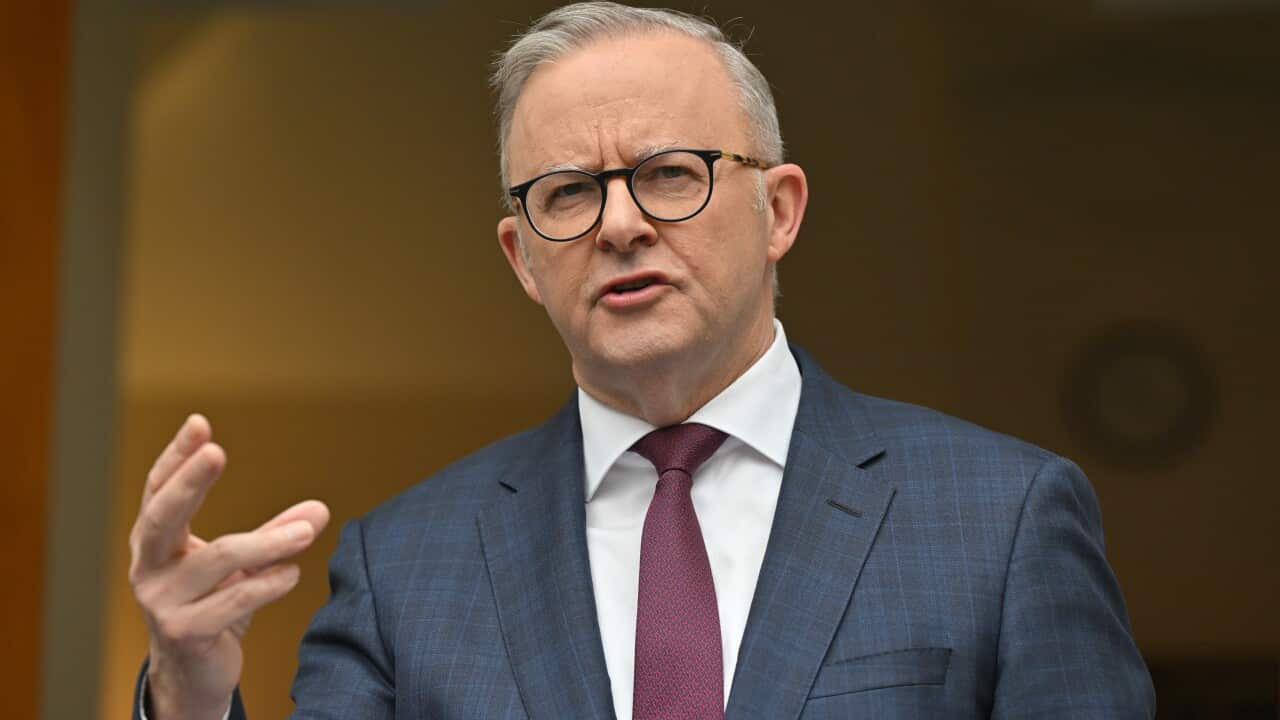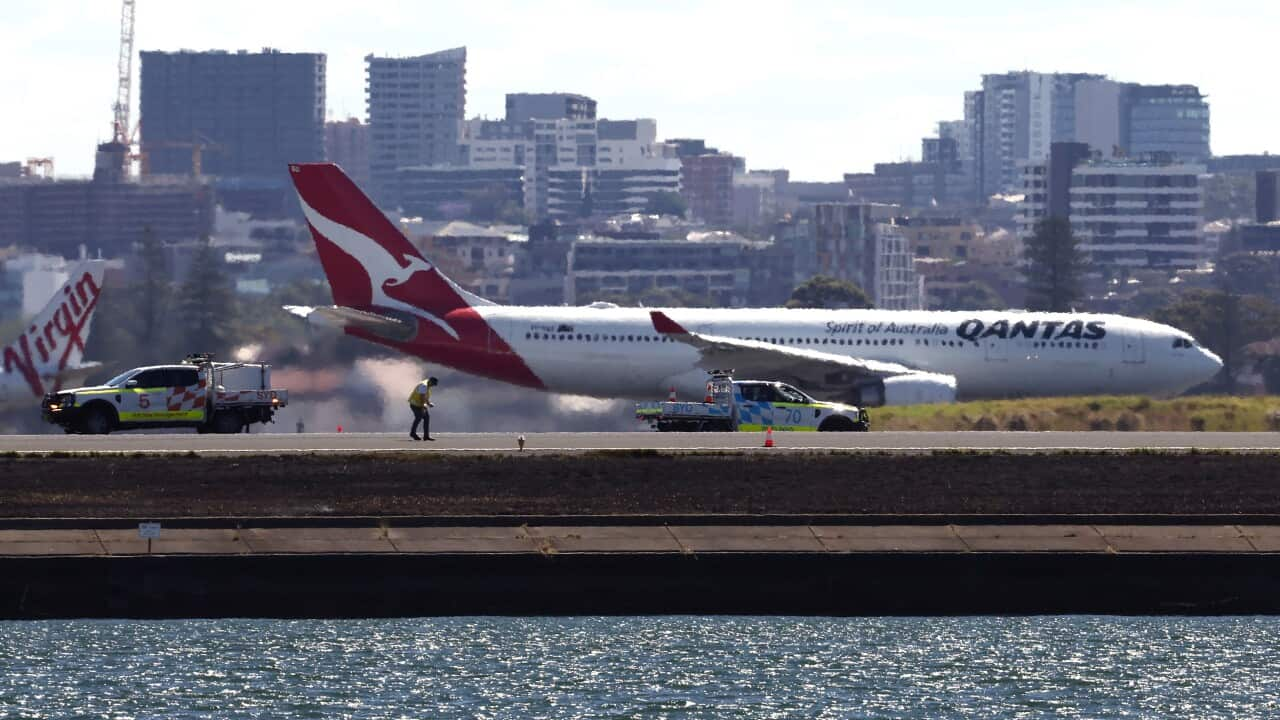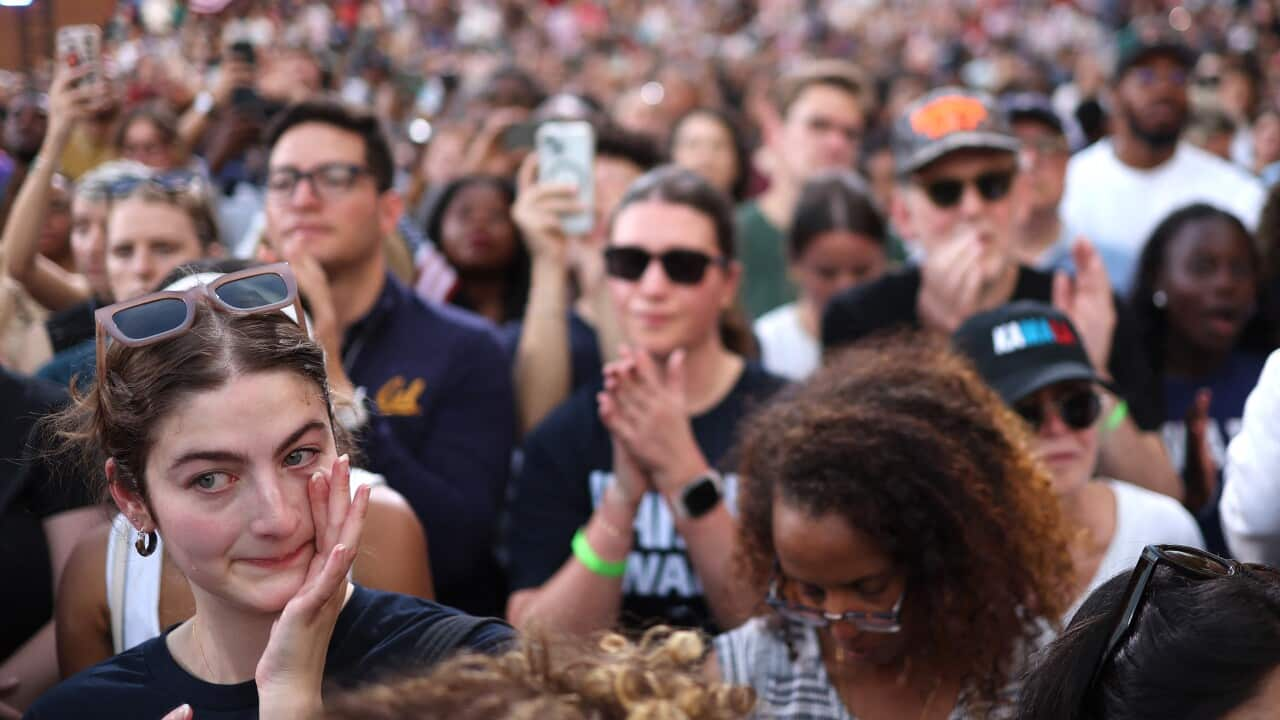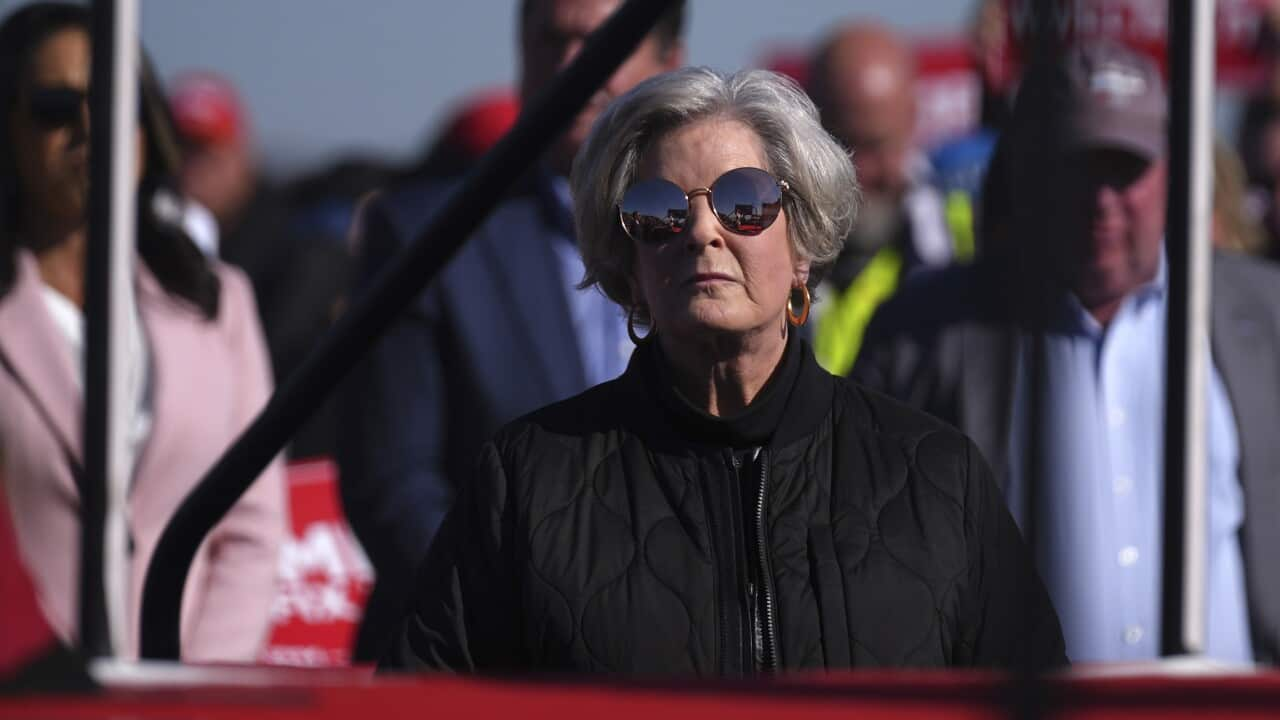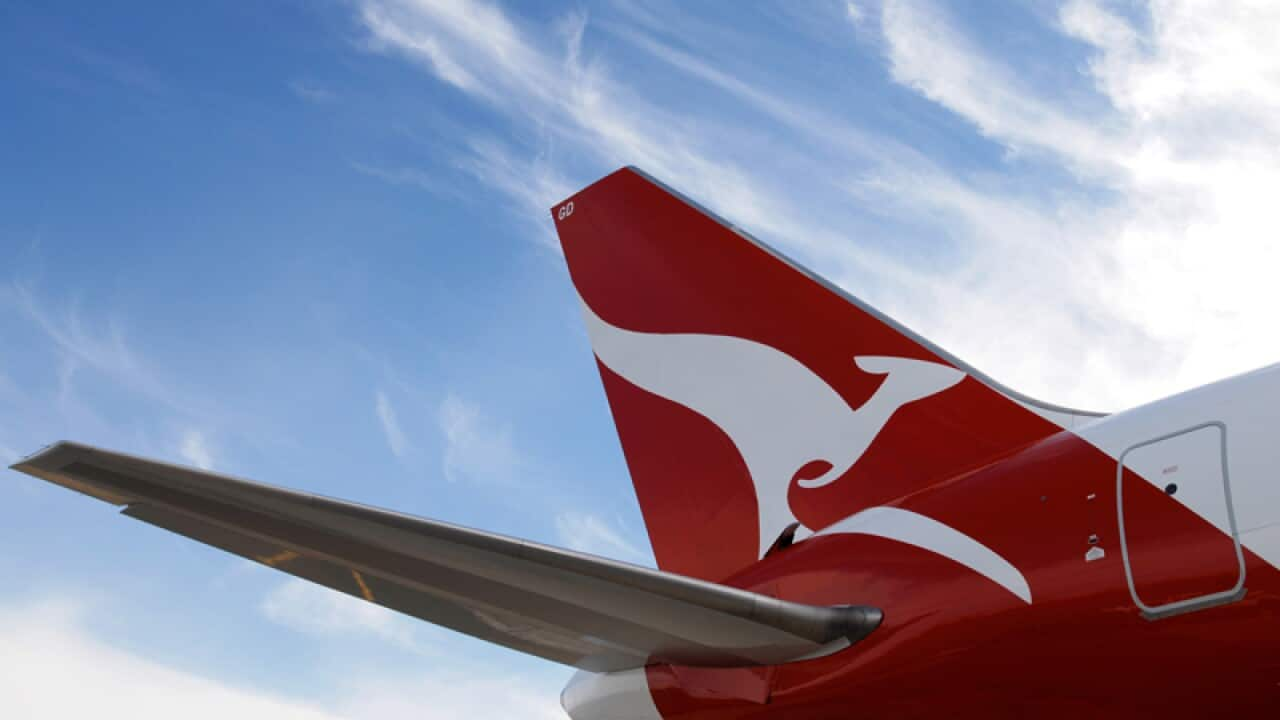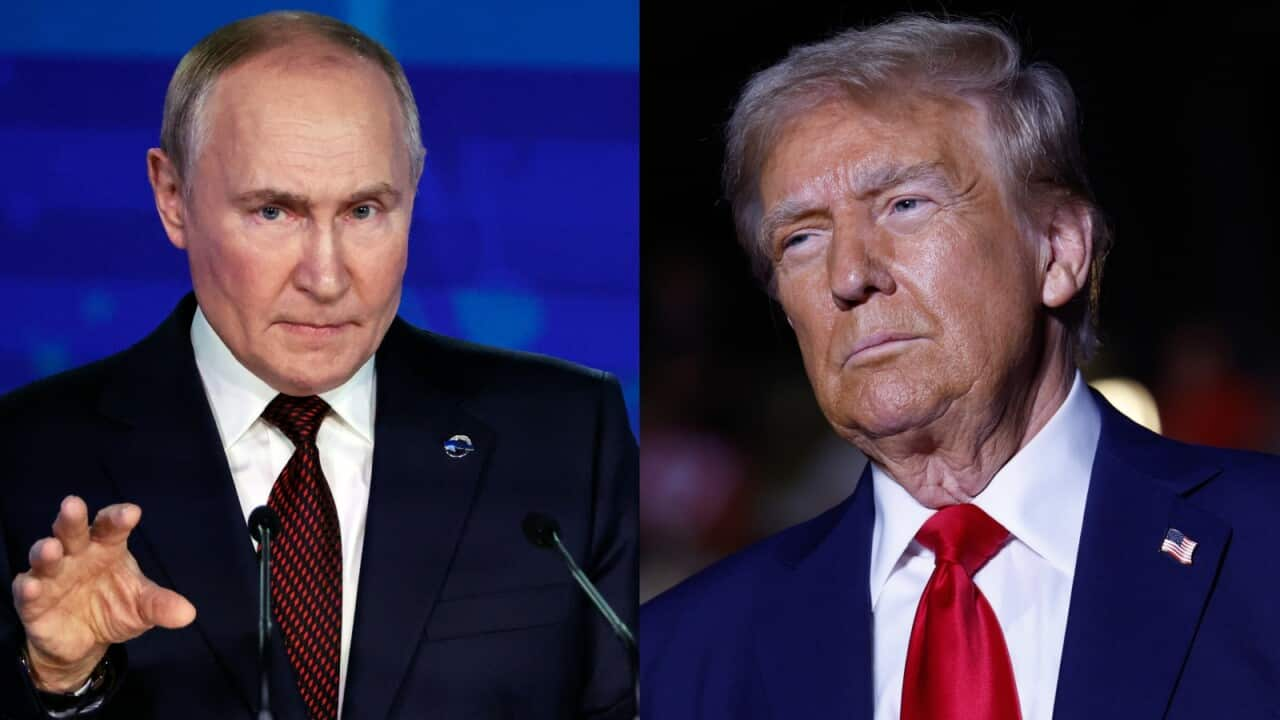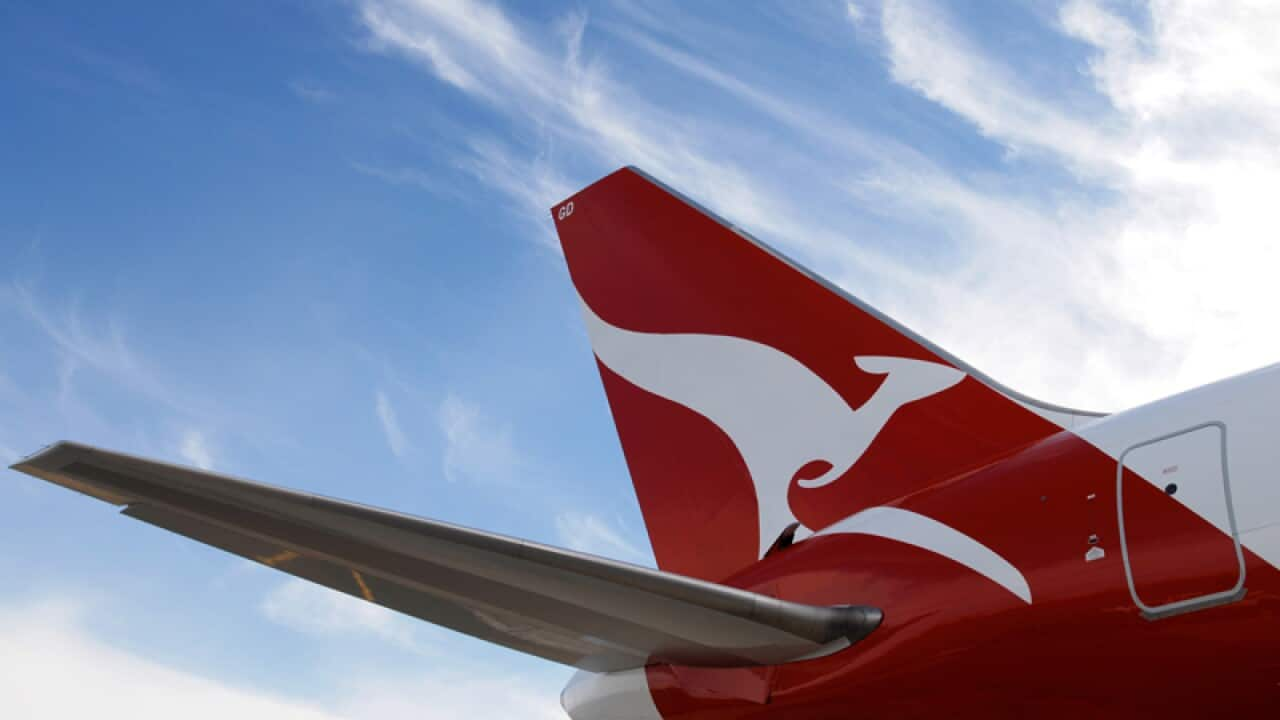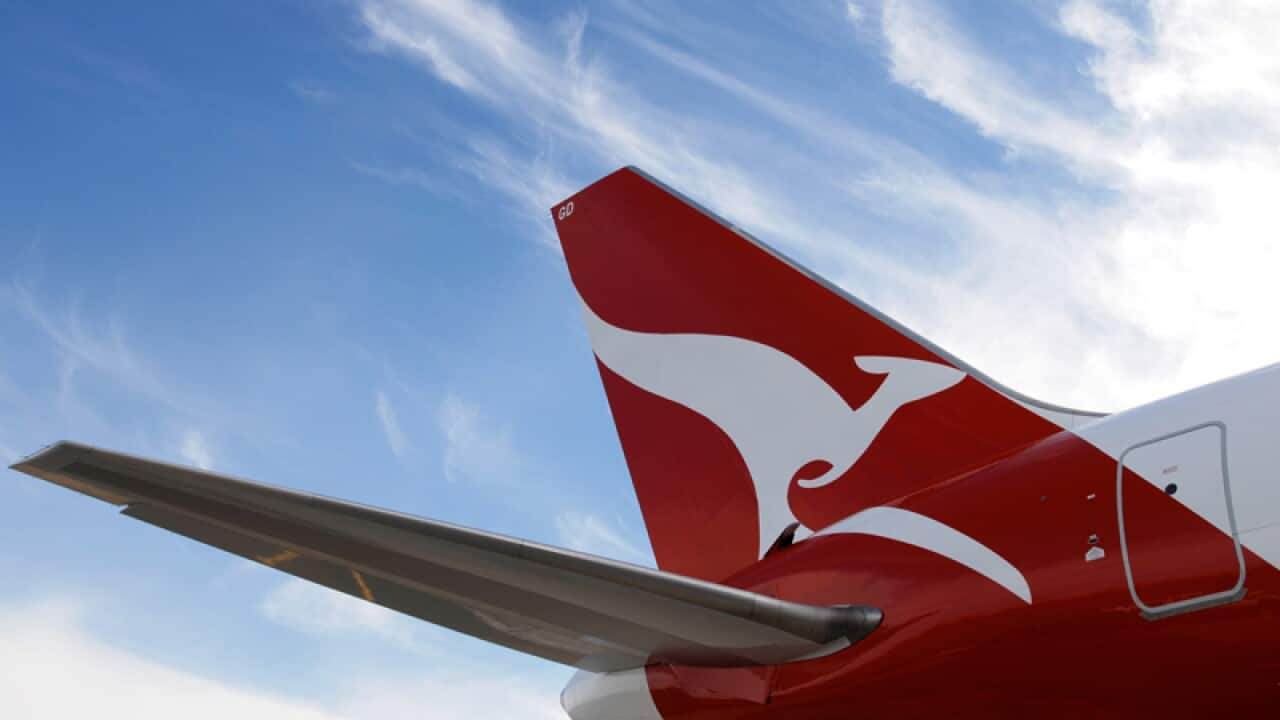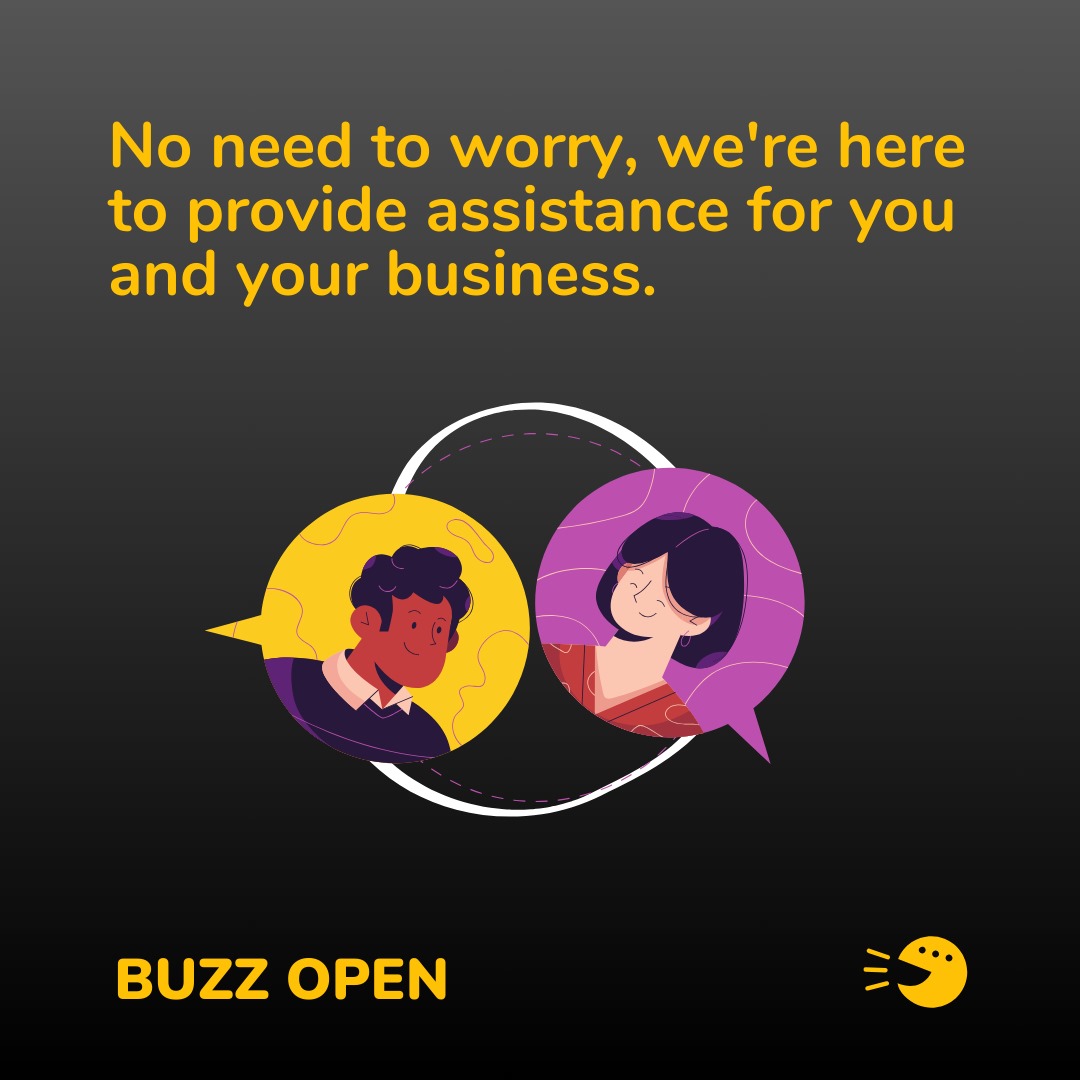Australian premiers and chief ministers have endorsed age limits for social media, and world-first legislation will be introduced next sitting week, Prime Minister Anthony Albanese has announced.
Speaking after the National Cabinet met on Friday, Albanese confirmed the social media age limit would be 16.
“Social media is doing social harm to our young Australians … the safety and mental health of our young people has to be a priority,” he said.
“My government will do all we can to protect our young Australians but also to provide support for parents and teachers who are dealing with these issues. I want Australian parents to know we have your back.”
Albanese said Tasmania, which was represented by Deputy Premier Guy Barnett, would have preferred the age limit to be set at 14.
He said Barnett had laid out the Tasmanian government’s concerns and formal position, but “did not want to stand in the way of national uniformity” and had ultimately agreed a “national decision and process was most important”.
All other premiers and chief ministers supported the limit of 16 years, Albanese said.
What are the key elements of the social media ban?
Albanese has outlined five key elements of the social media ban. They include:
- Setting a minimum age of 16.
- Establishing an obligation on social media services — not parents or young people — to take reasonable steps to prevent age-restricted users from having the account.
- Commencement in 12 months after the bill’s passage.
- A provision of exemptions to ensure young Australians retain access to services they need.
- Robust protections for personal information and significant penalties if platforms breach these provisions.
The legislation will also include a two-year provision to assess the legislation.
Communications Minister Michelle Rowland says a social media ban will protect young people. Source: AAP / Mick Tsikas
Communications Minister Michelle Rowland said the age limit was the result of “extensive consultation”, and the legislation was about “protecting young people, not punishing them”.
“National Cabinet voted this legislation would strike a balance between minimising the harms experienced by young people during a critical period of their development while also supporting their access to benefits as well,” she said.
“It is a national challenge that requires national leadership and that’s why we are working closely with the states and territories for taking strong action.”
The Coalition supports the move, and Opposition leader Peter Dutton had previously said he would introduce a ban if he won the next federal election.
Mixed reactions to social media ban
The social media ban has been welcomed by advocates but has also been met with some scepticism.
Robb Evans began advocating for a social media age limit following the tragic death of his 15-year-old daughter, Liv. He believes social media fuelled her eating disorder.
“These would have protected her. Liv can’t have a voice now, but I know that she wanted to achieve change for other young girls and people suffering from eating disorders,” he said.
“Social media is a big part of that, and it’s getting worse for our kids, so I feel that this is just the right thing to do.”
But some experts have warned the policy could backfire.
Daniel Angus, the director of the Digital Media Research Centre at Queensland University of Technology, said a tailored approach is needed around media literacy and working with appropriate uses of digital technologies.
“It also means that those children may not seek help and advice if they feel that they are doing the wrong thing online,” he said.
“And so it engenders a discourse of shame around the use of those platforms and, indeed, might bury the problem.”
Lisa Given, professor of Information Sciences at RMIT University, said some children may be able to work around the ban and find ways to access or create accounts.
“A young person could access someone else’s account on a home computer or using perhaps a friend’s phone, who actually is of age and able to access the account,” she said.
“For many kids, where there’s a will, there’s a way. They will find those workarounds.”
For support with eating disorders or body image concerns, call Butterfly National Helpline on 1800 ED HOPE (1800 33 4673) or visit www.butterfly.org.au to chat online or email, 7 days a week, 8am-midnight (AEST/AEDT).
Readers seeking support with mental health can contact Beyond Blue on 1300 22 4636. More information is available at . supports people from culturally and linguistically diverse backgrounds.


